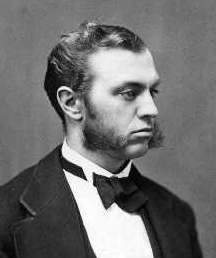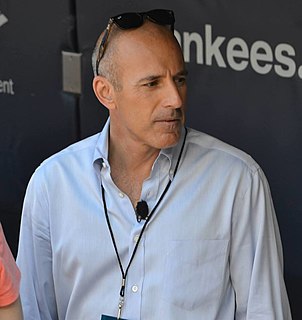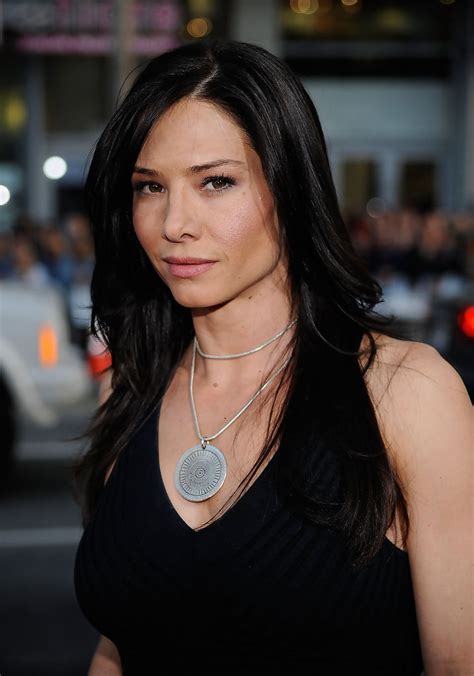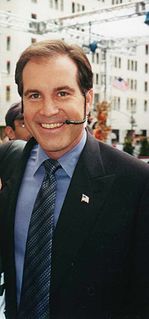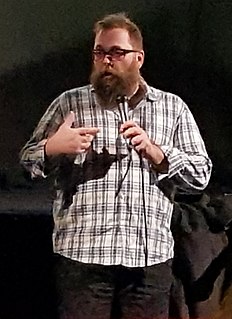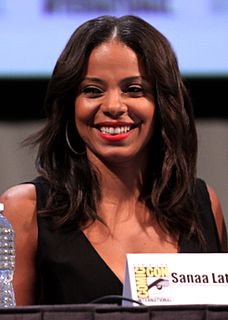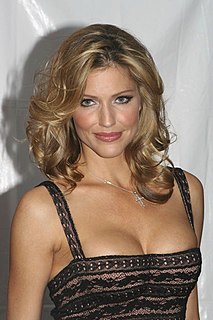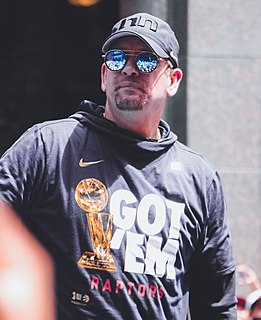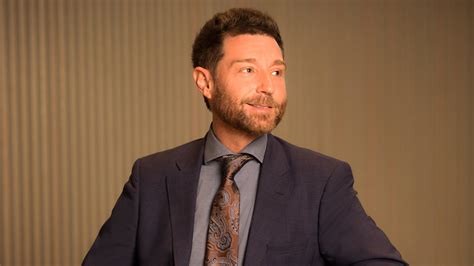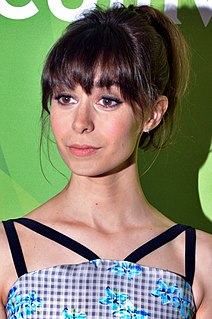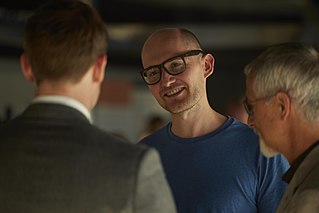A Quote by Aamir Khan
When you work with a good actor, there is this natural rapport and chemistry that develops over time. That chemistry helps your characters come alive and makes the story of the film that much more convincing.
Related Quotes
I don't have the story finished and ready when we start work on a film. I usually don't have the time. So the story develops when I start drawing storyboards. I never know where the story will go but I just keeping working on the film as it develops. It's a dangerous way to make an animation film and I would like it to be different, but unfortunately, that's the way I work and everyone else is kind of forced to subject themselves to it.
As a director, it became important to hear that specific role read by that specific actor, and you hear the chemistry, or you don't hear the chemistry. So I'm not so bothered by the audition process anymore; in fact, I use it. It's a time for the actor to actually get to the know the director and the producers a little bit, too.

